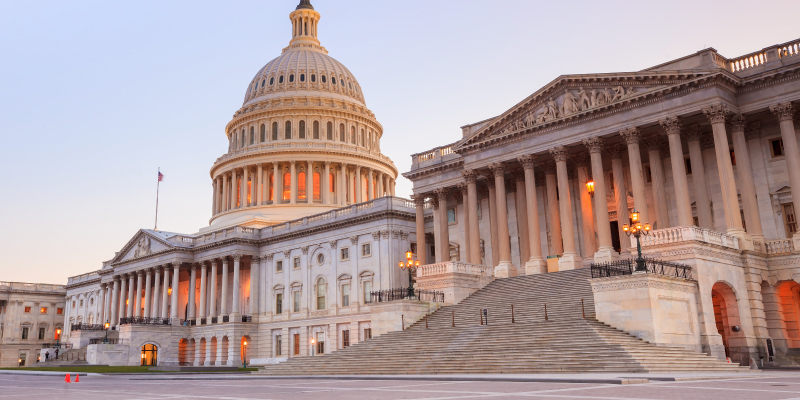A Brief Explanation of Federal Holidays
Federal holidays have been around since 1870, but back then they only applied to government employees in the District of Colombia. As time went on, these officially recognized calendar holidays have broadened to honor icons & aspects of American heritage that have shaped us as a nation. On these holidays, all non-essential federal government offices are closed. Also closed are federally chartered financial institutions, including credit unions and banks. This is because many, like America First, depend on national agencies to process specific transactions.
There are currently 10 federal holidays:
- New Year’s Day (January 1)
- Martin Luther King, Jr. Day (third Monday in January)
- Presidents’ Day (third Monday in February)
- Memorial Day (last Monday in May)
- Independence Day (July 4)
- Labor Day (first Monday in September)
- Columbus Day (second Monday in October)
- Veterans’ Day (November 11)
- Thanksgiving Day (fourth Thursday in November)
- Christmas Day (December 25)
If it falls on a weekend, the holiday will usually be observed on the closest weekday. Credit unions also close for official state holidays. In Utah, for example, America First offices close for Pioneer Day (July 24), while our Nevada locations will be closed on Nevada Day (last Friday in October) and Family Day (the day after Thanksgiving).
Although you’ll find our branches unavailable on federal holidays, we’re open to serve you 24 hours a day, seven days a week, 365 days of the year with online and mobile banking, as well as at thousands of ATMs nationwide.

